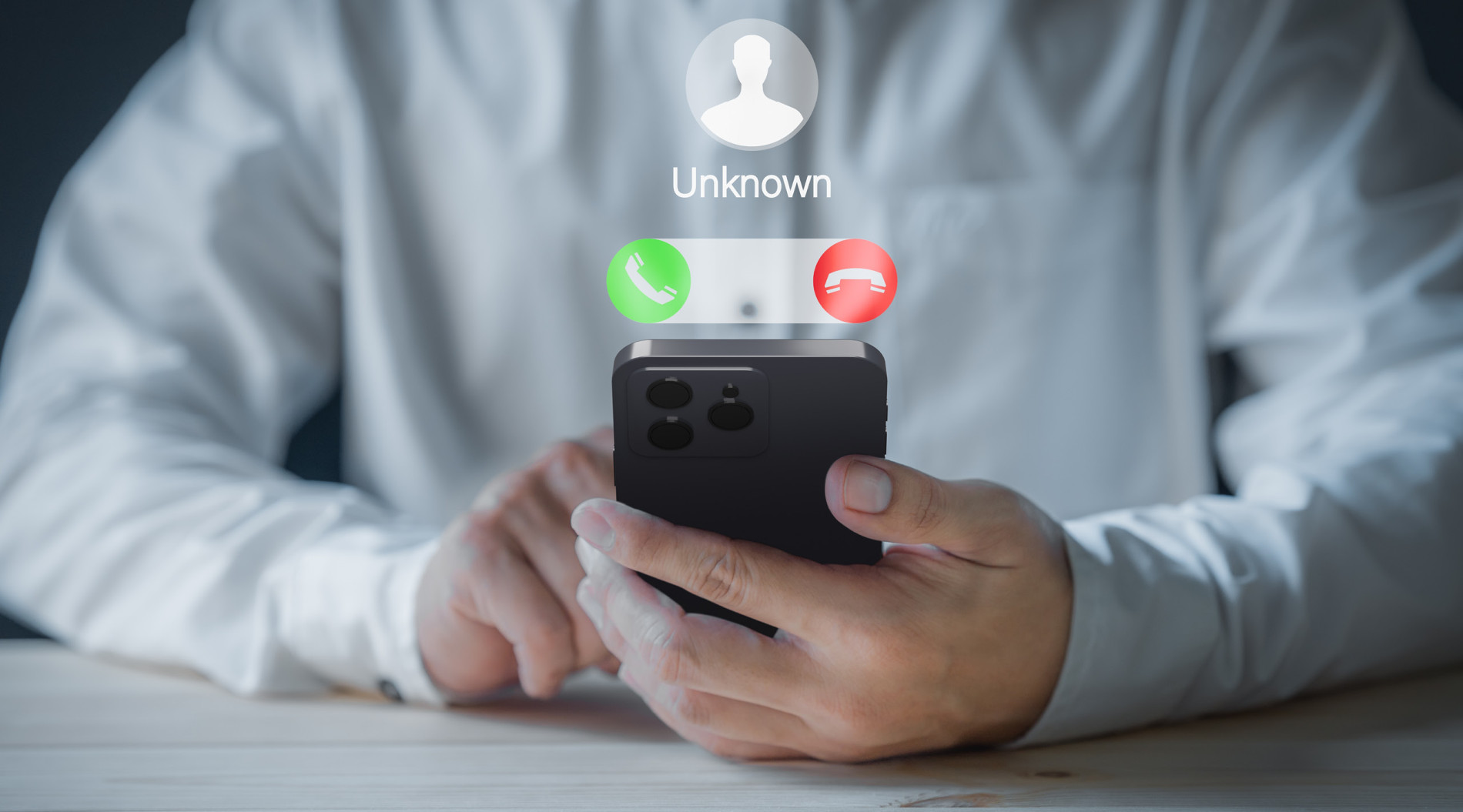Congratulations! You’ve been selected for an interview—this is a crucial step toward landing the role you want. However, the key to interview success is thorough preparation. By planning ahead, you’ll reduce stress and feel more confident when the time comes to present yourself as the best candidate. Let’s take a look at 11 essential steps for interview preparation, covering both in-person and virtual interviews.
1. Research the Company Thoroughly
You’ve likely done some research already, but now’s the time to dig deeper. Learn about the company’s values, goals, and culture. Check their website, focusing on the “About Us” section, and look at recent news or press releases. Follow their LinkedIn profile for updates and any posts relevant to the job you’re applying for. If possible, reach out to connections who may have insights into the company.
2. Prepare Responses to Common Questions
While each interview is unique, there are typical questions that come up time and again. These include:
- “Tell us about yourself.”
- “Why are you interested in this role?”
- “What are your strengths and weaknesses?”
- “What do your colleagues say about you?”
- “How would your friends describe you?”
- “If you were to make a mistake, how would you fix it?”
- “What challenges do you expect you will face in the role?”
- “What have you learnt from a mistake in a similar role?”
Prepare answers for these in advance, tailoring your responses to highlight why you’re the right fit for the role. Having 1 or 2 examples ready to back up your answer will be helpful.
3. Plan Your Own Questions
Interviews should be a two-way conversation. Asking thoughtful questions shows you’ve done your homework and are genuinely interested in the role. Consider asking:
- “What does a typical day in this role look like?”
- “How do you define success in this position?”
- “What did a previous employee in this role do really well?”
- “Can you tell me more about the team I’ll be working with?”
- “What are the challenges you expect I will face in this role?”
4. Be authentic and expect the same
Authenticity is key – interviewers can usually sense dishonesty, and lying can damage your credibility. It’s always better to admit when you don’t know something than to risk appearing untrustworthy.
Equally, expect authenticity from the company. You don’t want to arrive on your first day and find the job or work environment is vastly different from what you were expecting.
Remember, you’re committing to spending a significant amount of time with this organisation, potentially for years, so it’s essential to ensure the fit is right for both sides.
5. Review Your Resume
You’ll be expected to reference your resume during the interview, so make sure you know it inside out. Highlight relevant skills and experiences that align with the job description. Be ready to explain how your previous roles have prepared you for this opportunity.
Talk to your CV, don’t read it to them! Whether you need some extra tips on how to use AI to write a better CV, need some cover letter tips, or wondering whether your volunteer experience helps or hinders, check out our other articles today. Be ready to sell your soft skills, they will set you up for a strong career.
6. Rehearse the Interview
Practice makes perfect! Set up a mock interview with a friend or mentor and ask for feedback on your answers, body language, and overall presentation. For virtual interviews, practice in front of a camera to ensure you’re comfortable with the format.
7. Understand the Job Description
Read the job posting again, focusing on the required skills and responsibilities. Prepare examples of how your experience matches these needs. If there’s an area where you lack experience, frame it as an opportunity for growth and development.
8. Prepare for Virtual Interviews
If your interview is online, ensure your technology is set up correctly. Test your internet connection, mic and speakers, log in early to the platform, and find a quiet, well-lit place for the interview. Even though it’s online, dress professionally and arrive early (about 3-5 minutes).
9. Organise Important Documents
Bring printed copies of your resume, cover letter, and reference list to the interview. Having these on hand shows you’re organised and prepared. For virtual interviews, have digital versions ready to share if needed.
10. Dress for Success
First impressions matter. Whether your interview is in-person or online, dress in role-appropriate attire. Lay out your outfit the night before, ensuring it’s clean and well-groomed to boost your confidence on the day.
11. Plan Post-Interview Follow-Up
Once the interview is over, remember to send a follow-up email thanking the interviewer for their time. This reaffirms your interest in the role and demonstrates your professionalism, if you had any extra questions that you thought of and didn’t get an opportunity to bring up, then this is a good opportunity for that.
Final Thoughts
Every interview is an opportunity to learn and grow. Whether you land the job or not, treat it as a valuable experience. If you need further guidance on interview preparation, reach out to us. We have plenty of articles for you to read through and ensure you are ready for your next step. We’re here to help you every step of the way.
Check out our currently listed jobs while you are here.
Latest news and insights
Hiring & Recruiting
Recruiting in a Candidate-Rich Market: Why Quality Still Matters
In 2025, many New Zealand businesses are experiencing a surge in job applications across nearly ever...
Read moreTalking about salary can be challenging – but it’s an important step in shaping your career....
Read moreHiring & Recruiting
How Kiwi Employers Can Prepare For Job Interviews in 2025
At Adecco, we understand that people are the most valuable asset in any business. Whether you’...
Read more






































